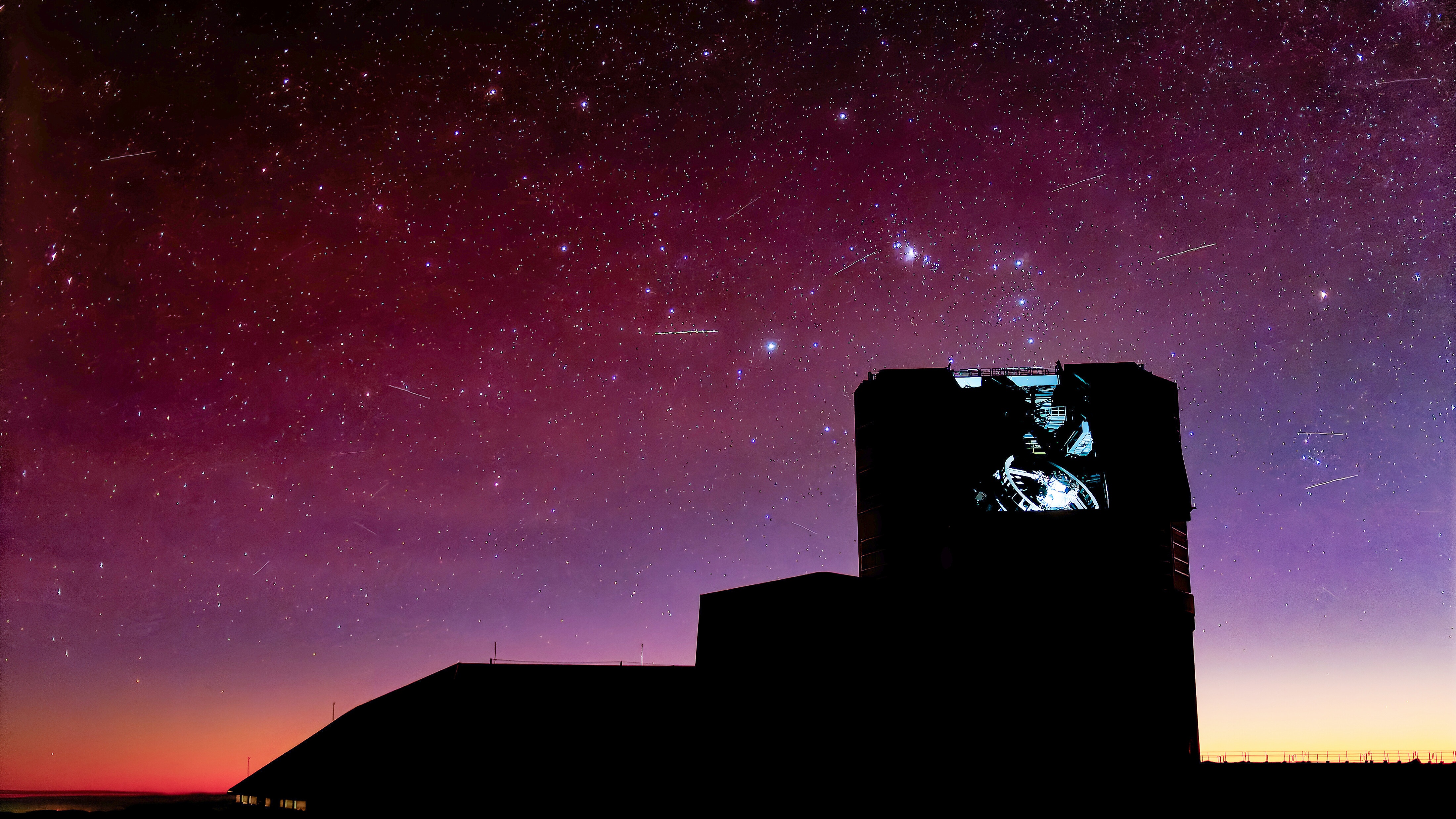On this day in space: March 5, 1982: Soviet Venera 14 probe lands on Venus
On March 5, 1982, the Soviet Union's Venera 14 spacecraft landed on Venus!
Breaking space news, the latest updates on rocket launches, skywatching events and more!
You are now subscribed
Your newsletter sign-up was successful
Want to add more newsletters?
On March 5, 1982, the Soviet Union's Venera 14 spacecraft landed on Venus!
Venera 14 launched just five days after its identical twin, Venera 13. Both space probes spent four months traveling to Venus, and Venera 13 arrived a few days earlier.

Venera 14 parachuted down to the surface of Venus and collected data on the atmosphere the whole way down. It landed about 600 miles away from Venera 13 and started beaming back images from the surface of Venus — but not for long.
The high pressure and temperature at Venus killed Venera 14 in under an hour.
On This Day in Space: See our full 365-day video archive!
Breaking space news, the latest updates on rocket launches, skywatching events and more!

Hanneke Weitering is a multimedia journalist in the Pacific Northwest reporting on the future of aviation at FutureFlight.aero and Aviation International News and was previously the Editor for Spaceflight and Astronomy news here at Space.com. As an editor with over 10 years of experience in science journalism she has previously written for Scholastic Classroom Magazines, MedPage Today and The Joint Institute for Computational Sciences at Oak Ridge National Laboratory. After studying physics at the University of Tennessee in her hometown of Knoxville, she earned her graduate degree in Science, Health and Environmental Reporting (SHERP) from New York University. Hanneke joined the Space.com team in 2016 as a staff writer and producer, covering topics including spaceflight and astronomy. She currently lives in Seattle, home of the Space Needle, with her cat and two snakes. In her spare time, Hanneke enjoys exploring the Rocky Mountains, basking in nature and looking for dark skies to gaze at the cosmos.
You must confirm your public display name before commenting
Please logout and then login again, you will then be prompted to enter your display name.
